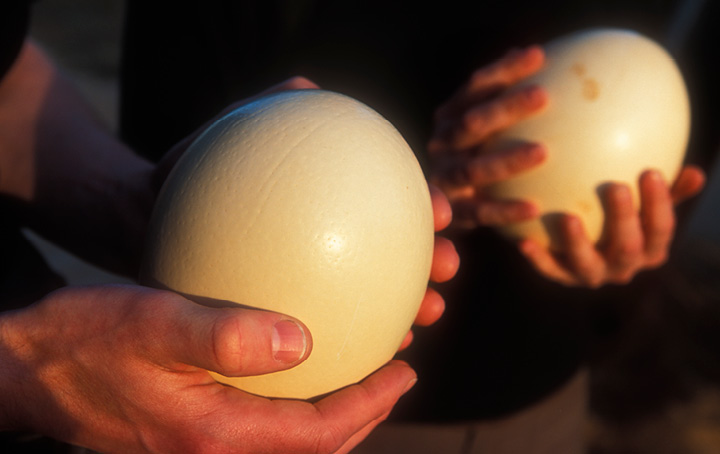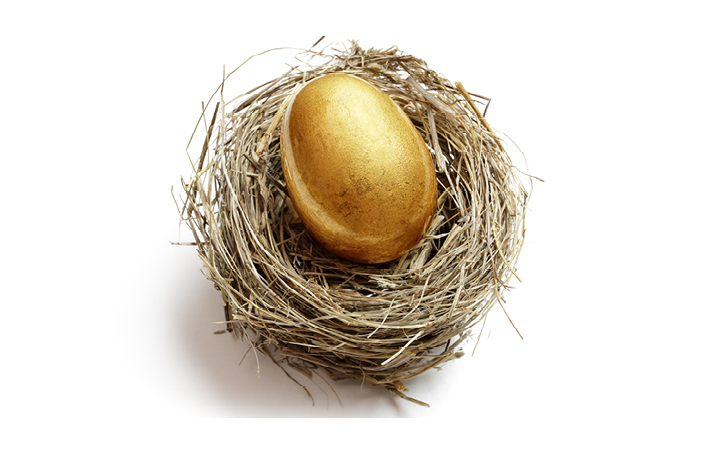

[column width=”1/1″ last=”true” title=”” title_type=”single” animation=”none” implicit=”true”]
There’s nothing as certain as death and taxes, but tax on death is not so clear. Generally, the law says there is no CGT liability for the deceased on the transmission of an asset, specifically a dwelling, to a beneficiary.
The beneficiary is considered to be the new owner of the inherited asset on the day the deceased person died and CGT does not apply to that asset. This applies to all assets, including a dwelling. The exception is where the beneficiary is a “tax advantaged entity” (TAE), such as a charity, foreign resident or complying superannuation entity.
If the beneficiary subsequently sells the asset, in this case a dwelling, this may create a CGT “event”, depending on the status of the property, when it was purchased, when the deceased died and whether the sale qualifies for the CGT “main residence” exemption.
CGT liability on the sale will be determined by whether:
– the deceased died before, on or after 20 September 1985 (when CGT was introduced); and
– the dwelling was acquired before, on or after 20 September 1985; and if acquired post-CGT, whether the deceased died before or after 20 August 1996.
If the dwelling had been acquired by the deceased pre-CGT and the deceased died pre-CGT, then there is no CGT to pay (unless major improvements had been carried out post-CGT and the dwelling had produced assessable income).
Other situations are less straightforward. If the asset is a post-CGT asset, it’s still possible there will be no CGT on the sale of the inherited dwelling but it depends on certain conditions being met. For example, if the asset has been used since the date of death as the main residence (and not to produce income) of the beneficiary, the deceased’s spouse or someone with a right to occupy the dwelling, no CGT will apply on the sale.
In some limited cases where the dwelling has not been used as a main residence, CGT also won’t apply if the sale occurs within two years of death – but the qualifying rules are tricky, so seek advice about any dwelling you’ve recently inherited.
If CGT applies to the sale of the inherited dwelling, then the relevant cost base needs to be identified, eg whether it’s the cost base or the market value of the dwelling at the date of death.
If you have inherited a dwelling and are in the dark about the CGT impact of hanging onto it or selling it, we can guide you through the minefield and minimise any tax consequences.
[/column]